Is conservation a responsibility or a privilege?
The question was posed to me by Rick Huffines early one spring morning. The sun had just crested Signal Mountain, spilling orange into half the river gorge while the other half remained dusky-blue. It was cooler on the water than I had planned for. I hunched my shoulders against the wind as Rick and I bumped against the current in his motorboat. We were on a mission: to survey for the Louisiana Waterthrush, a brown and black-striped species of warbler, currently in decline due to loss of habitat.
The bird, Rick explained, nests along forest streams. As we puttered among the mountains, we kept a watchful eye for tributaries. Each time Rick spotted a promising habitat, he would stop the boat. Then we would sit quietly, binoculars poised, and listen for its song.
Sweet sweet sweet willy willy
It was during one such stop that Rick asked me this question. I had opened my mouth to instinctually answer: Responsibility. But then I hesitated.
Could conservation be considered a privilege? After all, it was, in part, privilege that brought me to that very moment.
I was raised to be a tree-hugger.
My father was a forestry professor. My mother was a homesteader, hand-sewing our clothes and canning our garden vegetables. My grandparents owned a cabin in the Pocono Mountains where we vacationed every summer and where we were required to use an outhouse in order to conserve water. The outhouse crawled with long-legged insects and fat spiders. But no amount of whining would grant me access to that indoor toilet—reserved only for midnight emergencies.
Throughout my life, I have been afforded both time and education in nature. As a child I basked in the fragrance of sunshine on pine needles, savored the sweetness of honeysuckle and mulberry. As I grew older, nature gave me room to unpack my anxieties.
“When you talk about basic needs, you talk about food, water, and shelter. But people often forget about space,” Rick said. Space, he continued, is essential to survival—as the Louisiana waterthrush knows too well. It is also a nonrenewable resource.
The role of the Tennessee River Gorge Trust is to protect the river gorge in perpetuity, boasting 27,000 acres of canyon carved through the Cumberland Mountains. To date, TRGT has worked to protect 17,000 of those acres through fee-simple ownership, memorandums of understanding and conservation easements. As Executive Director, conservation is Rick’s job. But that is his dogma too.
Conservation is a responsibility, Rick says. But, he continued, there are different ways to define that word; for instance, conservation can be active or passive.
Active conservation might mean making a monetary donation or volunteering an afternoon at TRGT’s bird-banding lab. It might mean waking at what Rick calls “dark-thirty” to search the river for an imperiled songbird.
Passive conservation, in contrast, might mean simply “being conscious that this land is here and knowing it is protected. That in itself is a contribution,” said Rick.
By that time, the sun had climbed into the sky. While we did not find the Waterthrush that day, I did make a discovery about myself. Between the ancient mountains and the river's endless drift, where my greatest concern is a chill in the air, where there is time for contemplation, I too believe that conservation is a responsibility.
What do you think? Is conservation a responsibility or a privilege?
We’d love to hear your thoughts in the comment section below!


